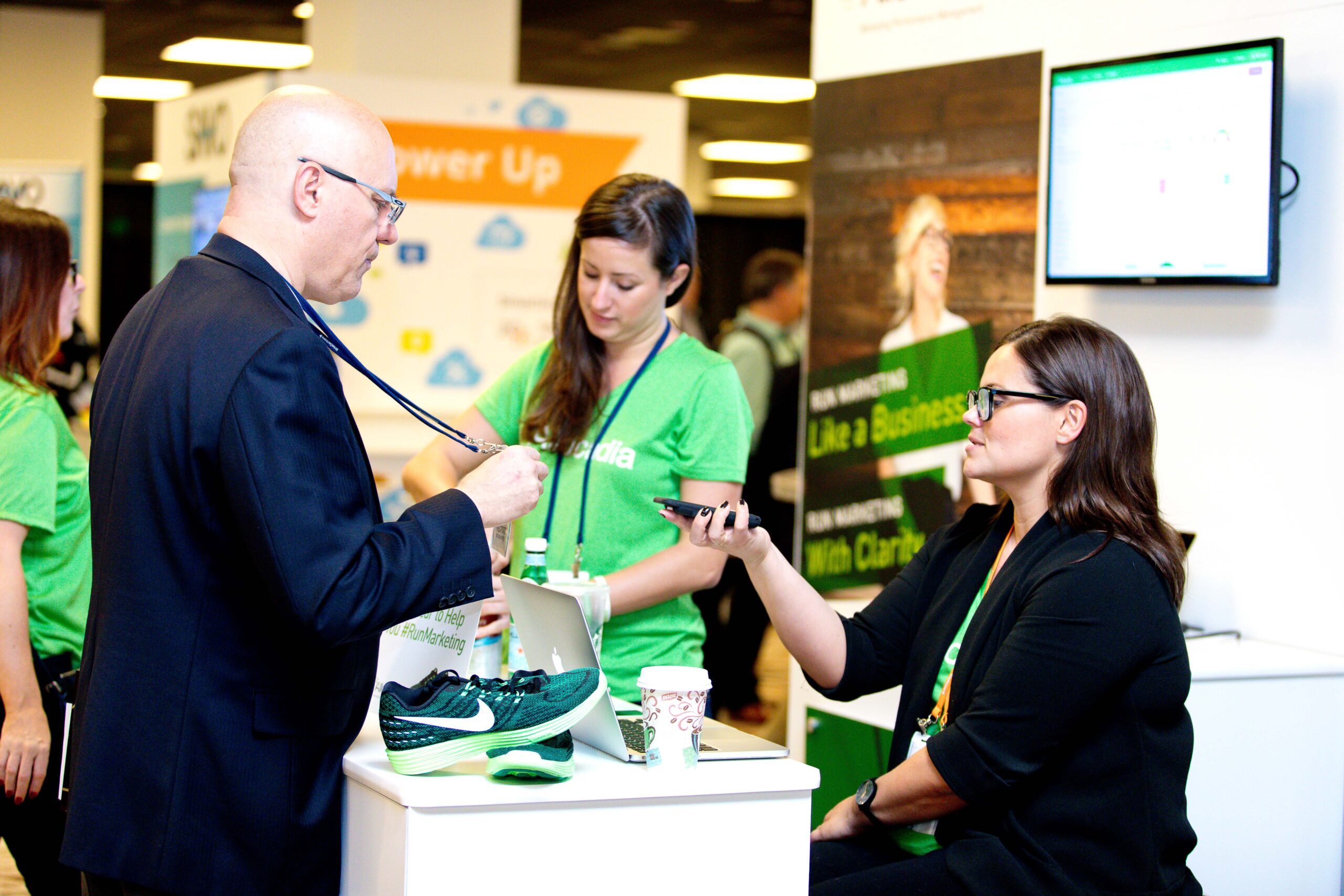The Three Facets of Event Sponsorship: Customer Engagement, New Business and Brand Awareness
- Events are often the largest expense for a marketing function, and come with a fairly high amount of scrutiny on metrics
- Events can be hugely influential in converting an existing prospect or moving someone along the pipeline
- There are three facets of event sponsorship to consider: customer engagement, new business and brand awareness
As someone whose career spans more than 15 years in event management, Laura Vogel, SiriusDecisions’ senior director of events, is well versed in the challenges that events teams continually face.
“Leadership buy-in is one of the primary issues for an events manager,” Laura said when I interviewed her recently. “Events are often the largest expense for a marketing function, and therefore come with a fairly high amount of scrutiny on metrics. And while events can be hugely influential in converting an existing prospect or moving someone along the pipeline, it is part of the overall tactic mix. So deciding when and how to participate in an event is a daunting task.” 
“However, perception is a huge factor,” she continued. “If your company isn’t represented at an event that your competitor is at, what will be the market perception? What is the message to the potential customer and also to the industry at large?”
When asked how an events team should measure success when sponsoring an event, Laura was quick to maintain that there are three facets to consider: customer engagement, new business and brand awareness. When considering sponsorship, an events team should take a step back and choose one of these facets as the overarching goal for a particular event and then base measurement on its success in achieving that goal.
For example, if your aim is increased brand awareness, Laura suggested measuring increased traffic to your social handles (Twitter, Instagram, LinkedIn) post-event as well as customers that may have accepted your attempt to drop them into a nurture program that were unconverted pre-event.
Another important consideration to keep at the forefront of planning: Sponsorship can be a great vehicle for interacting with customers. “Think outside your booth; plan a strategic breakfast with key clients and your company’s sales and marketing leadership to gain feedback on your product roadmap,” Laura commented. Additional customer engagement goals for events include the acquisition of customer testimonials (which can be turned over to your organization’s marketing team to use for demand creation and retention purposes) and win-backs. Sponsoring an event is also a great opportunity to convert new buyers who may be on the fence about your product.
Finally, I asked Laura if she could name some of the coolest pieces of swag she has picked up as an event sponsor and attendee. “You really have to think of the things that people actually need. For me, it used to be the cell phone car adapter! Now, if you have the budget, I would definitely recommend the back-up cell phone charger – go with useful but cool!”